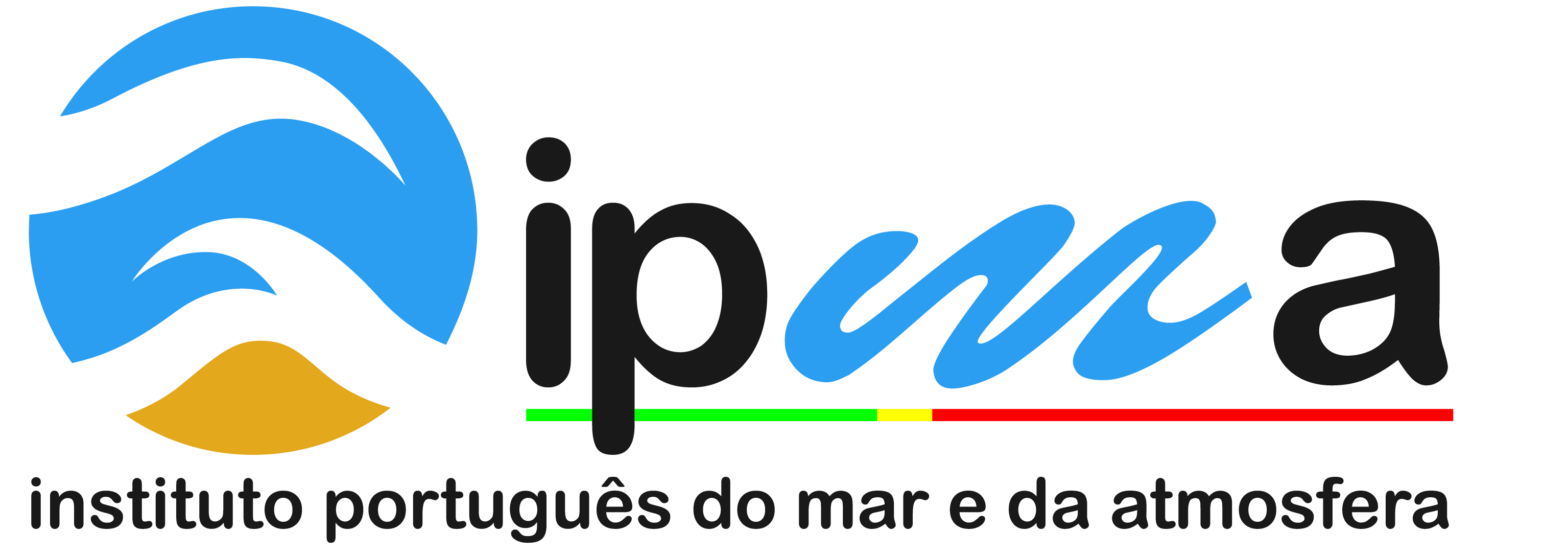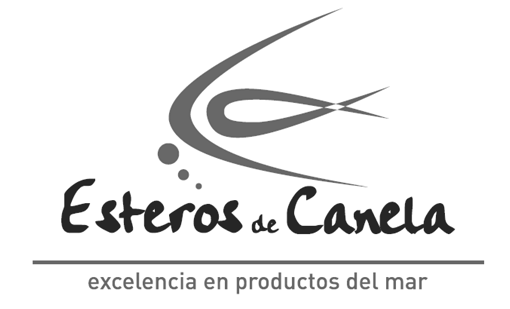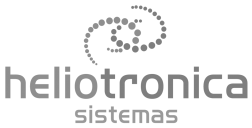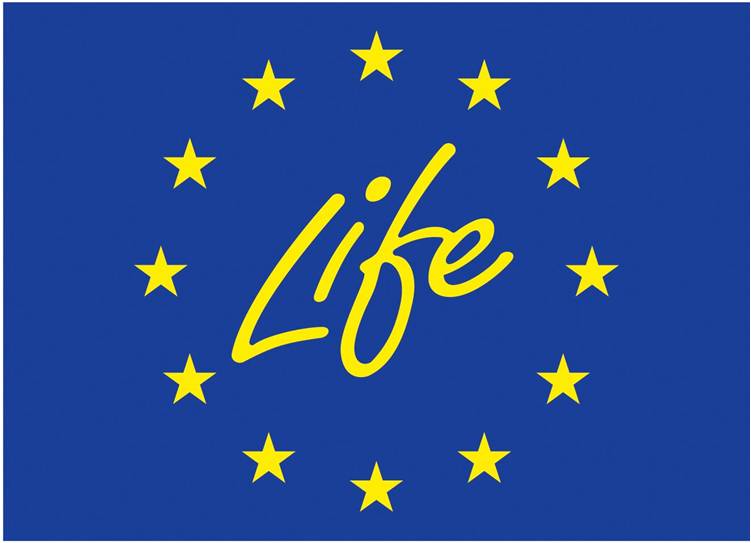
The Instituto Português do Mar e da Atmosfera (IPMA) is a Public Research Institution devoted to Ocean and atmospheric Sciences and Technology. Its mission is to promote and coordinate scientific research, providing scientific advisory to national policy definition. IPMA is a member of the WMO, of the European organizations for meteorology, like EUMETSAT and ECMWF, for Seismology and Marine Geology (EMSC, ORFEUS, EUROGEOSURVEYS), and for Marine Sciences and Fisheries (ICES, NAFO, ICCAT, IOTC, EFARO, CIESM). IPMA operates the Portuguese Seismological network and the Tsunami Warning System.
IPMA participates in dozens of EU research initiatives, and coordinates now the major european research initiatives on tsunamis (ASTARTE), a large initiative on marine living resources (ECSAFESEAFOOD) and the Satellite Land Aplications Facility (EUMETSAT-ESA).
The annual budget is ~35M€, with ~25% from competitive research. The staff of the institute is close to 420, with ~70 researchers. IPMA publishes annually ~140 papers in ISI refereed journals, with ~2-3k citations. IPMA cooperates with the major research groups in Portugal.
IPMAs’ headquarters are located in Lisbon Airport, where is installed the main Data Centre, equipped with advanced computing systems, including HPC, and large storage capacity for satellite services and scientific computing. IPMA owns other faciliites in Lisbon and along the portuguese cost dedicated to marine resources research, namely fisheries and aquaculture. IPMA owns an aquaculture research station (EPPO) in southern Portugal for marine fish. This main core facily occupies an extension of 7 hect, consistig in 17 earthen ponds (different volumes), and two buildings, one integrating the hatchery, trophic chain, experiemental circuits (from 20 L up to 1.3 m3), optic and microbiology laboratories, and another smaller building with biochemical and molecular biology laboratories, feed storage and packing unit. Both researchers and technicians have vast experience in the rearing of different stages (breeders, larva, juveniles) of marine fish species (sea bream, sea bass, sole, meagre, grouper, etc). The research team covers different scientific backgrounds and analytical skills (biology, biochemistry, physiology, ecology) enabling an integrated approach for the different research areas at EPPO, namely marine organism diversification, importante of lipids for fish nutrition, identification of welfare indicators, dietary supplement to promote fish welfare and health, evaluating climate changes on fish production and eco-friendly production systems.
More information in www.ipma.pt





